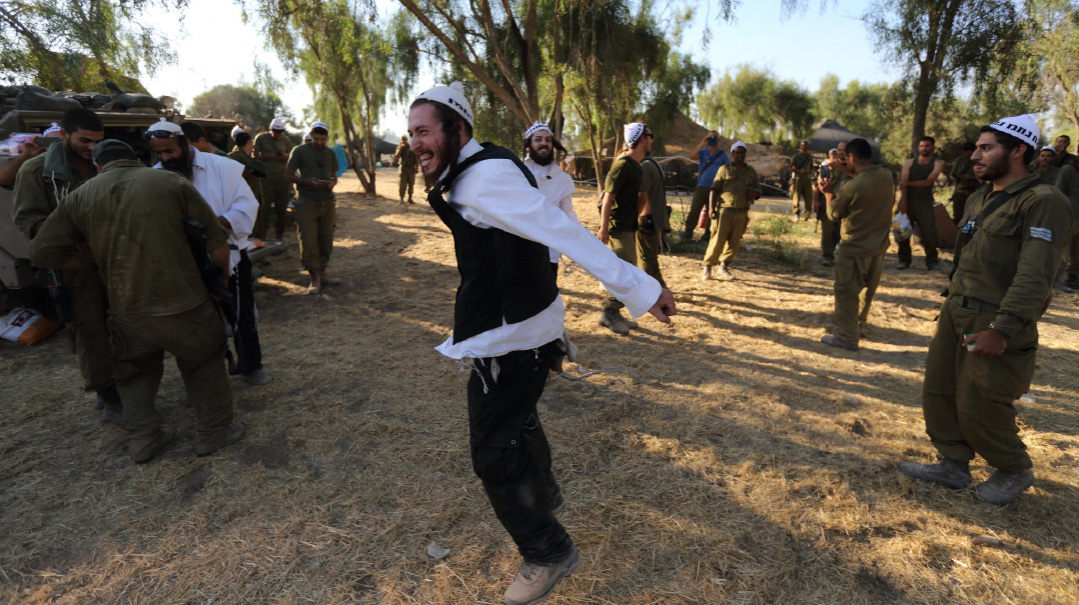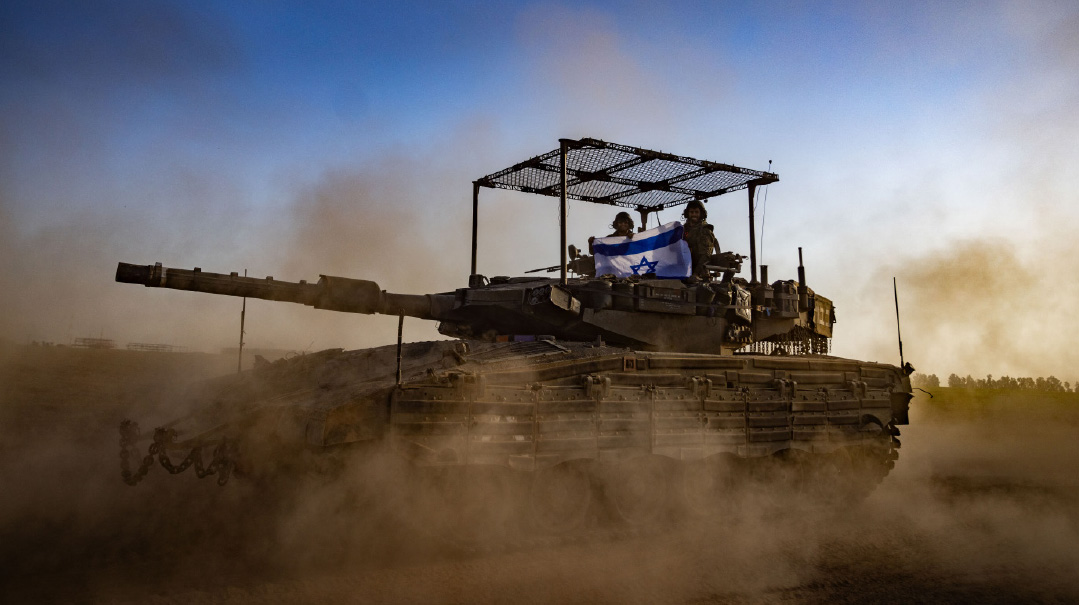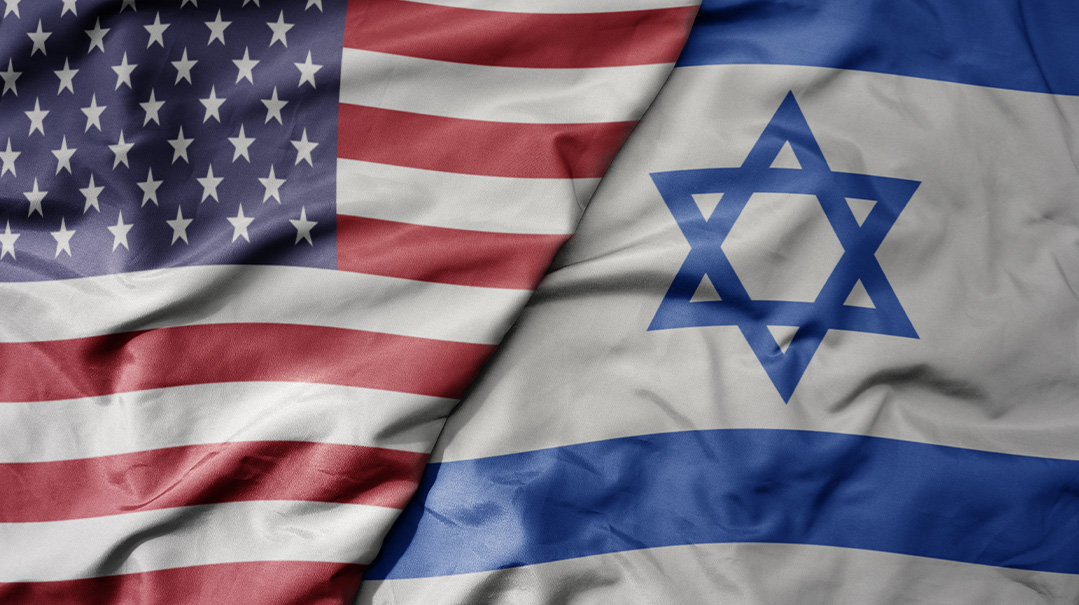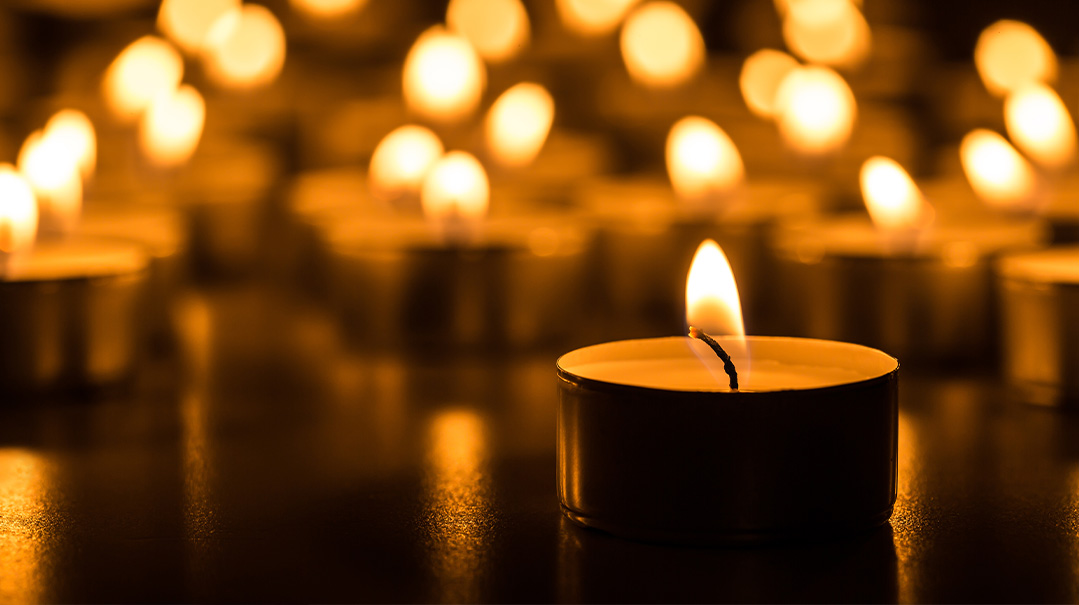The Judgment of Rosh Hashanah — Individual or Communal?

The task of Rosh Hashanah is to crown HaKadosh Baruch Hu as King over us. And there is no king without a nation
M
any times over the years, I have emphasized a particular aspect of the Judgment of Rosh Hashanah: We will each stand alone before the Ribbono shel Olam, and He will ask us, “Who are you at this moment? What is your essence? To what do you aspire?” Each of us will be evaluated alone, not in comparison to anyone else.
All three of the Gemara’s explanations of the Mishnah’s description of us at that moment of judgment as “kivnei maron” emphasize that we pass before the King as singular individuals, removed from any social unit.
And the judgment is not on our deeds over our lifetime, or even in the past year. But rather on the direction that we have chosen for ourselves now.
EVERY TIME I have emphasized this particular aspect of the Judgment, I have shortly thereafter received an irritated email from a friend, who is a serious talmid chacham, taking me to task for downplaying the communal aspect of the judgment and of distorting the sources.
Even the three interpretations given by the Gemara of “kivnei maron,” he points out, emphasize a common enterprise as well. The sheep passing under the shepherd’s staff to be counted are each part of a flock, and the counting is for the purpose of determining which member of the flock will serve as maaser; the soldiers of King David receiving their individual orders are nevertheless joined in a common enterprise; and the wayfarers walking single file on a narrow mountain pass are headed to a common destination.
At one level, my friend is certainly right. The task of Rosh Hashanah is to crown HaKadosh Baruch Hu as King over us. And there is no king without a nation. Rav Yisrael Salanter used to emphasize that the key to a favorable judgment on Rosh Hashanah is commitment to and identification with the community of one’s fellow Jews, for only as a unified nation can we ultimately crown Hashem as King over us.
In the Talmud Torah of Kelm, from Rosh Chodesh Elul there hung a poster yellowed by age inscribed with this message from the Alter: “All the Rosh Hashanah prayers are designed to glorify the Kingdom of Heaven, and we, for our part, are called upon to crown the L-rd King of Kings. With what shall we crown Him? With love for others and charitable acts, as Moshe said in his parting blessing: ‘There will be a King in Yeshurun when the leaders of the people gather together, with tribes of Israel as one.’ ”
The prayers of Rosh Hashanah are almost completely devoid of supplications with respect to our individual judgments (and those that we find are exclusively Geonic additions that many Rishonim opposed). Rather our prayers focus on the complete perfection of the world under Hashem’s rule, and omit any enumeration or mention of our personal failings.
IN ATTEMPTING to reconcile the individual and communal aspects of the Judgment, we must first recognize that the questions to the individual are not invitations to solipsism or to an exclusive focus on oneself. Paradoxically, the desired response to the question of what is our essence is to move beyond our self-centeredness and toward a concern with others.
Rav Eliyahu Eliezer Dessler discusses a passage in the kabbalistic sefer Reishis Chochmah, in which the author identifies two questions that will be addressed to us on Yom Hadin: Did you make your Creator King over you every morning and evening? Did you make your neighbor king over you with humbleness of spirit?
Though the two questions ostensibly address different realms — our relationship with our Creator and our relationship with our fellow man — Rav Dessler explains that they have a common element. Both derive from the recognition that self-centeredness lies at the root of impediments to our relationship with Hashem by causing us to resist His dominion and to our relationship to our fellow man.
Rav Immanuel Bernstein (Teshuvah, Chapter 13) brings a fascinating insight from the Abudraham on the Rosh Hashanah prayers to make a similar point. The word uv’chein introduces three crucial paragraphs in the middle blessing of the Rosh Hashanah Amidah. Those paragraphs describe the ideal world under Hashem’s rule that we seek.
The Abudraham points out that the same word uv’chein appears in Megillas Esther. Prior to agreeing to Mordechai’s request that she approach Achashveirosh on behalf of the Jewish People, Esther first declares a three-day fast for the Jews of Shushan. Only then does she acquiesce and tell Mordechai “uv’chein [and thus] will I come before the king.” Esther specifies that the fast is “for me”: In order to overcome Haman’s decree, the Jews of Shushan will have to put aside all their contentiousness, born of each one’s focus on his or her own petty concerns, and pray for another.
And Esther adds that she and her handmaidens will similarly fast; i.e., Esther will fast not for herself but for her fellow Jews. The success of the mission before the king depends on each of those facing a decree of death putting aside an exclusive focus on themselves.
ONE OF MY FRIEND’S emails provided an important clue to reconciling the individual and communal aspects of the Judgment on Rosh Hashanah. He noted that the term “Adam” refers both a specific individual, Adam Harishon, and to humanity in general, or at least the members thereof worthy of the title “adam.”
My late brother, Rabbi Mattisyahu Rosenblum ztz”l, expands on this hint in his Rays of Wisdom (pp. 241–244). Rosh Hashanah reprises the original Creation of man. Prior to the creation of Adam, the angels debated whether man should be created or not. While they were debating, Hashem went ahead and created Adam Harishon.
Adam Harishon had no self-interest. His entire purpose was to bring the world to its ultimate perfection. Every Rosh Hashanah, we too are faced with a similar judgment: Are we worthy of having our mission extended, of being created anew? (The blowing of the shofar is a reminder of the original breath of the Divine with which Hashem brought Adam Harishon into existence.)
Our worthiness is determined by the same question that faced Adam Harishon: Does our existence justify creating the entire world anew? Just as Adam Harishon was created yechidi (singular), “with sole responsibility of bringing the entire world to its completion, every subsequent man is considered as though he was created alone with responsibility for the entire world.”
Obviously, only one who can put aside his narrow self-interest and devote himself to the larger community can be entrusted with that responsibility.
RARELY HAS that responsibility for thinking about our fellow Jews and what we can do to help them fulfill their Divine mission been greater than at present. As in the time of Esther, we are beset by terrible divisions. A growing plurality of Jews in America define themselves as having “no religion.” And in Israel, a large segment of the population has been swept up in the desire that the Navi warned long ago will never be realized — “to be a country like every other.”
And for once, as I described last week, we need no prophetic insight to see how that desire to escape their Judaism and the mutual responsibilities it entails endangers us all.
Yet we must not despair of them or of the ultimate unity of the Jewish People. Anyone who doubts our ability to have a positive influence on our fellow Jews should read and reread the powerful letter of Mrs. A. Hornstein from Ramat Beit Shemesh in last week’s Inbox.
Each Torah Jew has a responsibility as an individual and as a member of the Torah community to bring into being the world for which Hashem created Adam Harishon. Each in our own way. Our judgment on Rosh Hashanah depends on it.
Kesivah v’chasimah tovah.
(Originally featured in Mishpacha, Issue 978. Yonoson Rosenblum may be contacted directly at rosenblum@mishpacha.com)
Oops! We could not locate your form.







